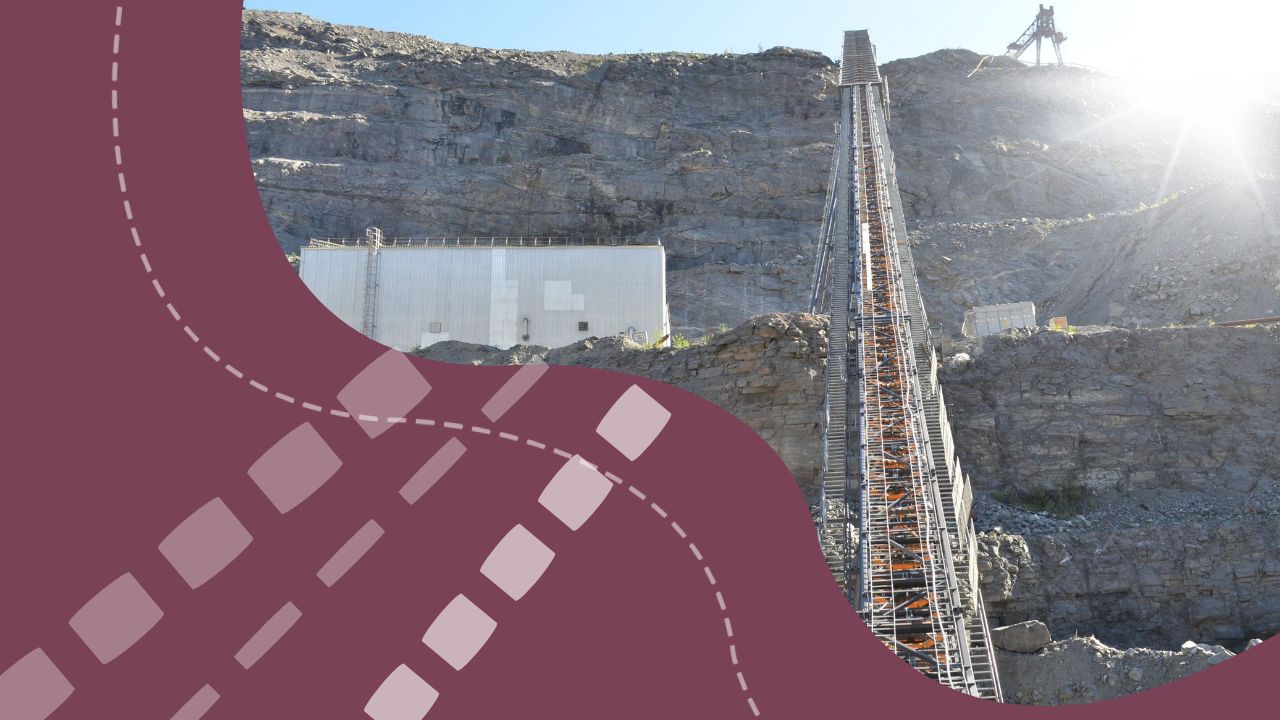Among the discussions surrounding the Act’s pivotal role, the event emphasised its implications for Eastern and South-Eastern Europe’s sustainable development and security.
Key stakeholders, including major raw materials producers from Greece and Regional Innovation Scheme (RIS) countries, deliberated on the EU’s investment potential in raw materials industries and the critical objective of decarbonization.
At the heart of these discussions lies the Critical Raw Materials Act, a legislative initiative designed to address strategic dependencies on vital raw materials.
Having secured passage in the European Parliament in September 2023, the Act is currently under negotiation between the Parliament, member states, and the European Commission.
The Act seeks to fortify the entire value chain of critical raw materials within Europe, diversify imports to reduce strategic dependencies, enhance the EU’s ability to monitor and mitigate risks of supply disruptions, and promote circularity and sustainability.
Moreover, it also sets targets to boost domestic capacity for mineral extraction, processing, and recycling.
Mark Rachovides, Chairman of Venus Minerals, representing Euromines, the voice of the European metals and minerals mining industry, highlighted the Act’s significance and the path toward its adoption by member states.
Rachovides expressed optimism about forthcoming discussions shaping the planning and regulation of mining activities, the recognition of by-products’ strategic importance, and the Act’s integration into broader EU legislation.
He stressed the potential for regulatory shifts to influence behaviour, advocating for essential trade-offs in the EU’s transition to a greener economy.
“There’s a notable change in perspective, with a growing political momentum favouring mining, and downstream users acknowledging the value of an EU-based mining industry,” Rachovides noted.
This shift in perspective is echoed in Cyprus, where Venus Minerals eyes the development of local resources, aiming to position the island as a primary supplier of raw materials to the EU.

